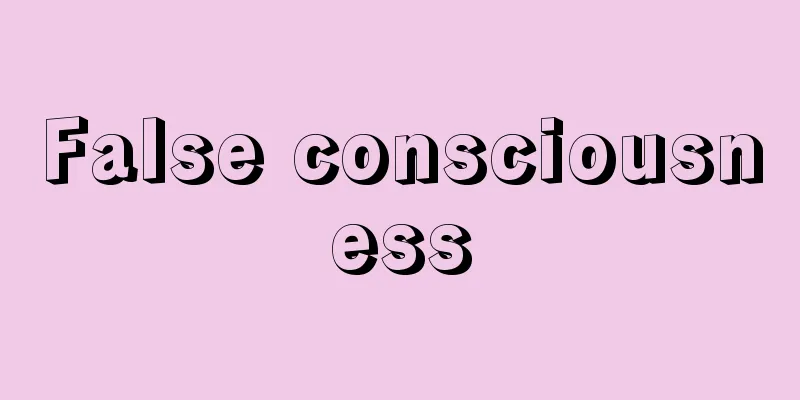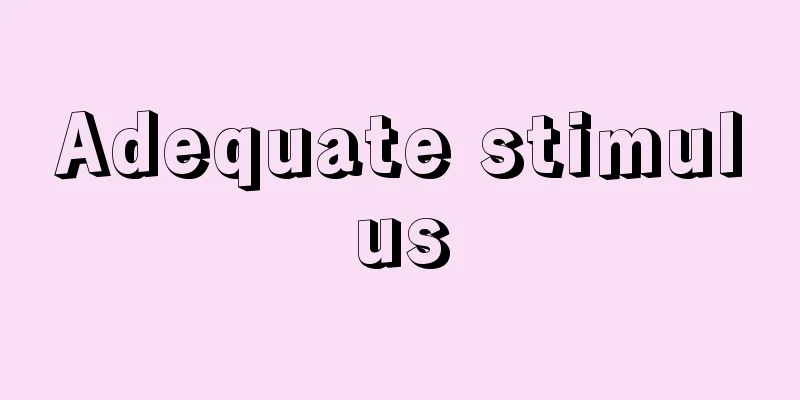False consciousness

|
This is a concept that was taken up by Marx in his materialist view of history, and the Hungarian philosopher G. Lukacs defined it as "false consciousness" when consciousness separates itself from the historical process and assumes the appearance of being independent in itself. However, it is believed that consciousness can be freed from its "falsehood" and become "true consciousness" only when it is positioned within the historical totality. Source: Encyclopaedia Britannica Concise Encyclopedia About Encyclopaedia Britannica Concise Encyclopedia Information |
|
マルクスによって唯物史観のなかで取上げられた概念で,ハンガリーの哲学者 G.ルカーチはこれを,意識が歴史的過程を離れ,それ自体が独立しているかのような仮象をとると,それは「虚偽の意識」となると規定した。しかし意識は歴史的な総体性のなかで位置づけられて初めて「虚偽性」を取除き「真実の意識」となるとされる。
出典 ブリタニカ国際大百科事典 小項目事典ブリタニカ国際大百科事典 小項目事典について 情報 |
Recommend
Ezo no Reijinsou - Ezo no Reijinsou
...It is distributed in Honshu (west of the Kanto...
Alicante Dam - Alicante Dam
… Many dams were built in ancient Rome to take in...
Overwriting - Overwriting
〘 noun 〙① The act of writing the addressee , name,...
Rakugetsudo Soushi
?-? A comic writer in the mid-Edo period. During ...
rebetikos (English spelling)
...Dances (dance songs) often have unequal beat c...
"Country wife" - Inaka Nyobo
…His first work was Love in the Wood (premiered i...
Ibrahim b. Azar
…Abraham is remembered with respect in the New Te...
Poetry of Ecstasy
Symphony No. 4 (1904-1907) by the Russian composer...
Browaria - Browaria
Solanaceae (APG classification: Solanaceae). Also...
Gosho-raku
The name of a Gagaku piece. It is also called &qu...
Zwentendorf
… [Environmental Issues] At present, a major soci...
Peasant uprising - Hyakusho Ikki
In the Edo period, peasants formed gangs and foug...
Saimiri
...A general term for New World monkeys belonging...
Negative - Enega
… [On the word "film"] The zoetrope, a ...
Pillar-supported buildings
A building is made by digging a hole in the ground...





![Ei [town] - Ei](/upload/images/67cb0360267f4.webp)



